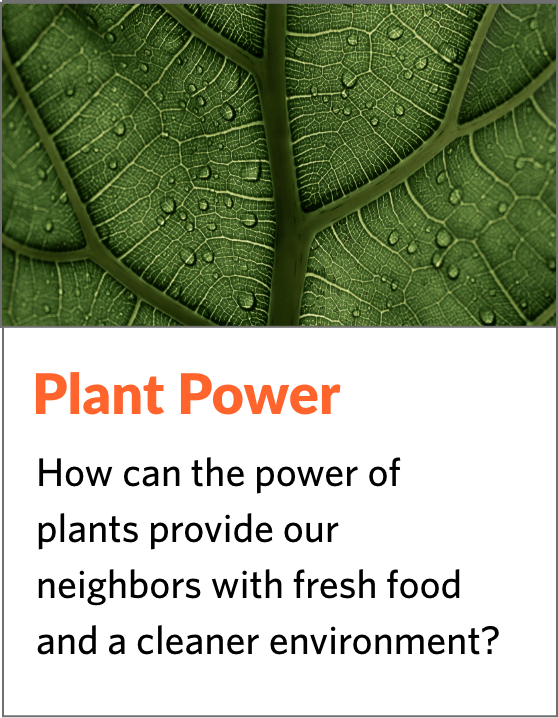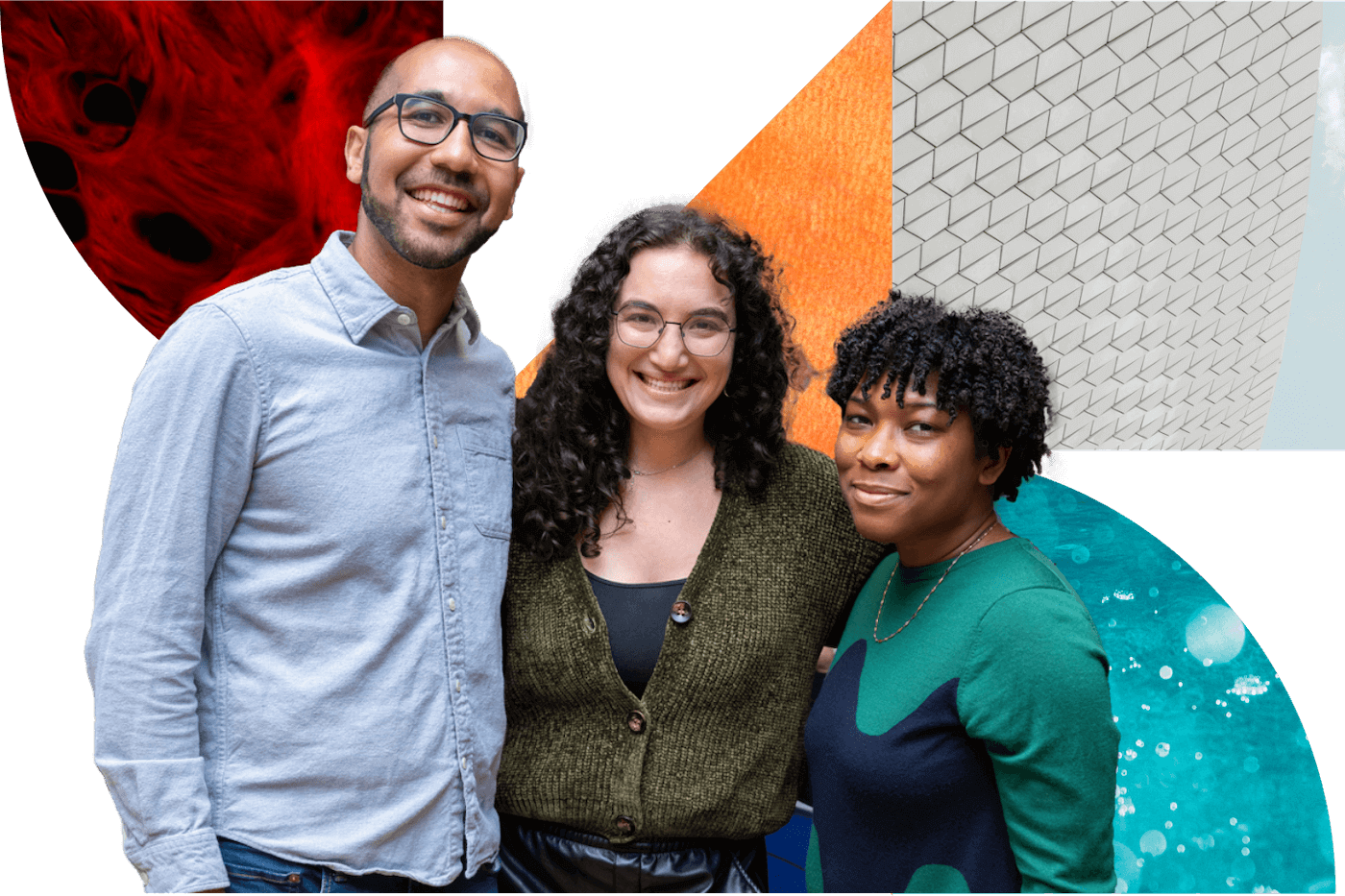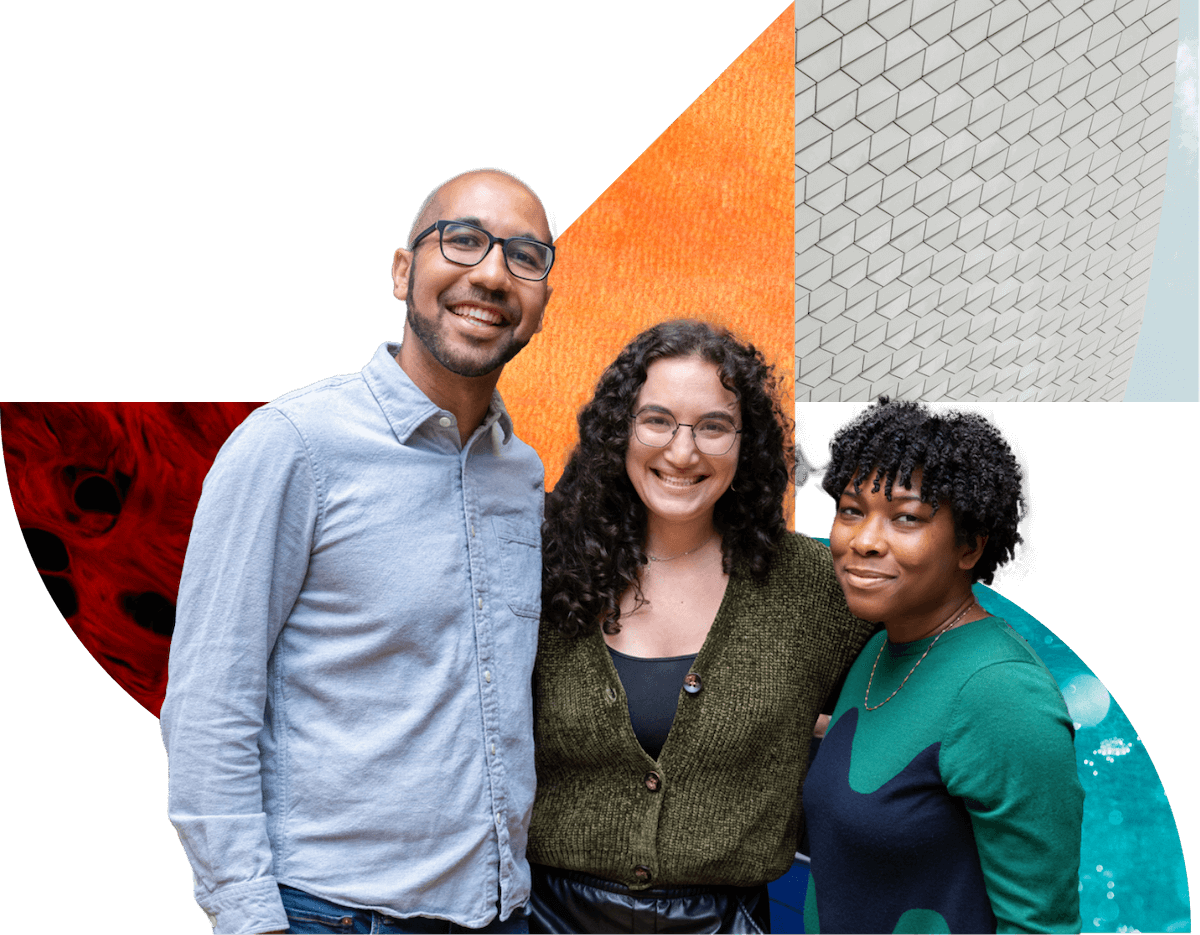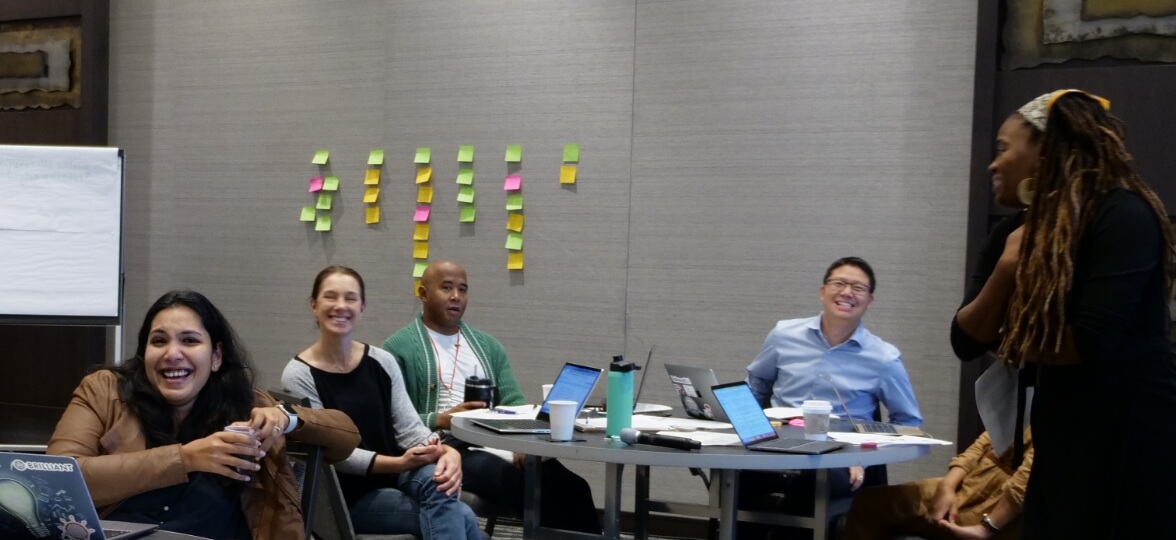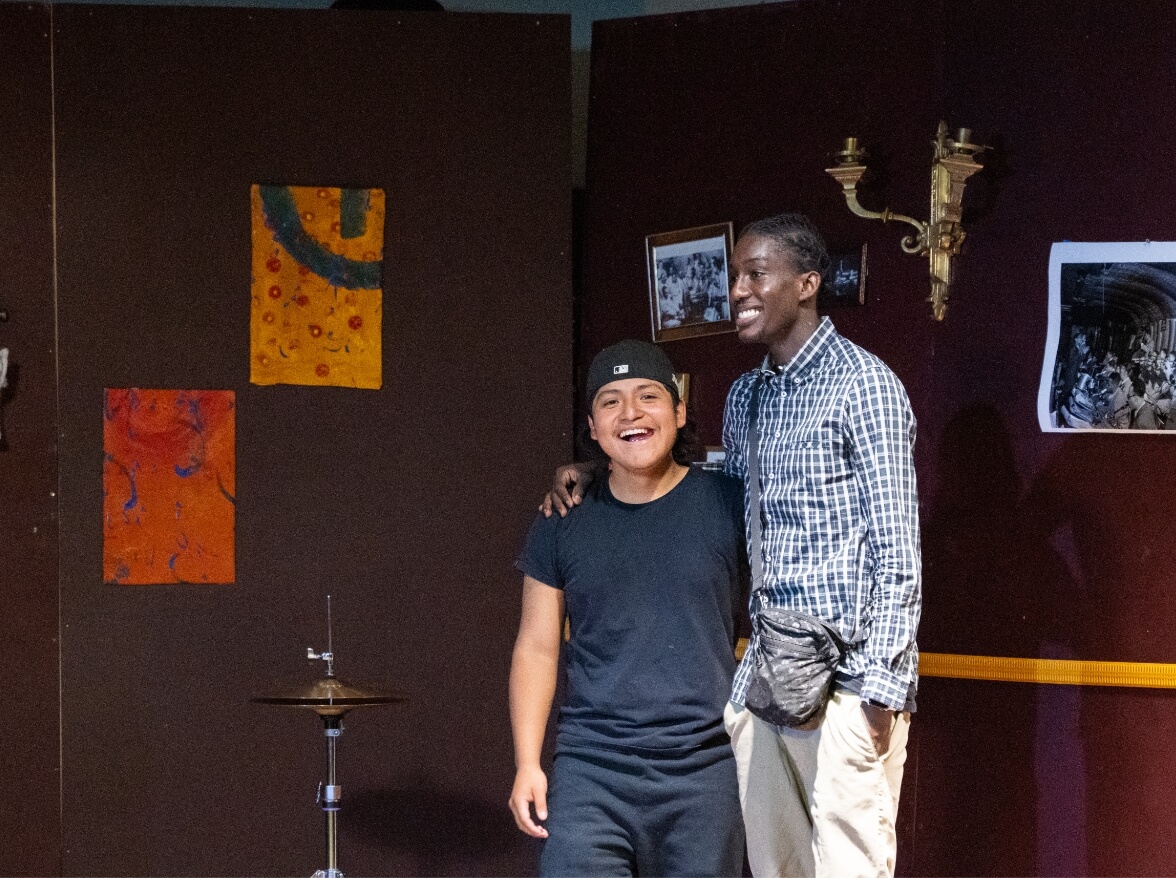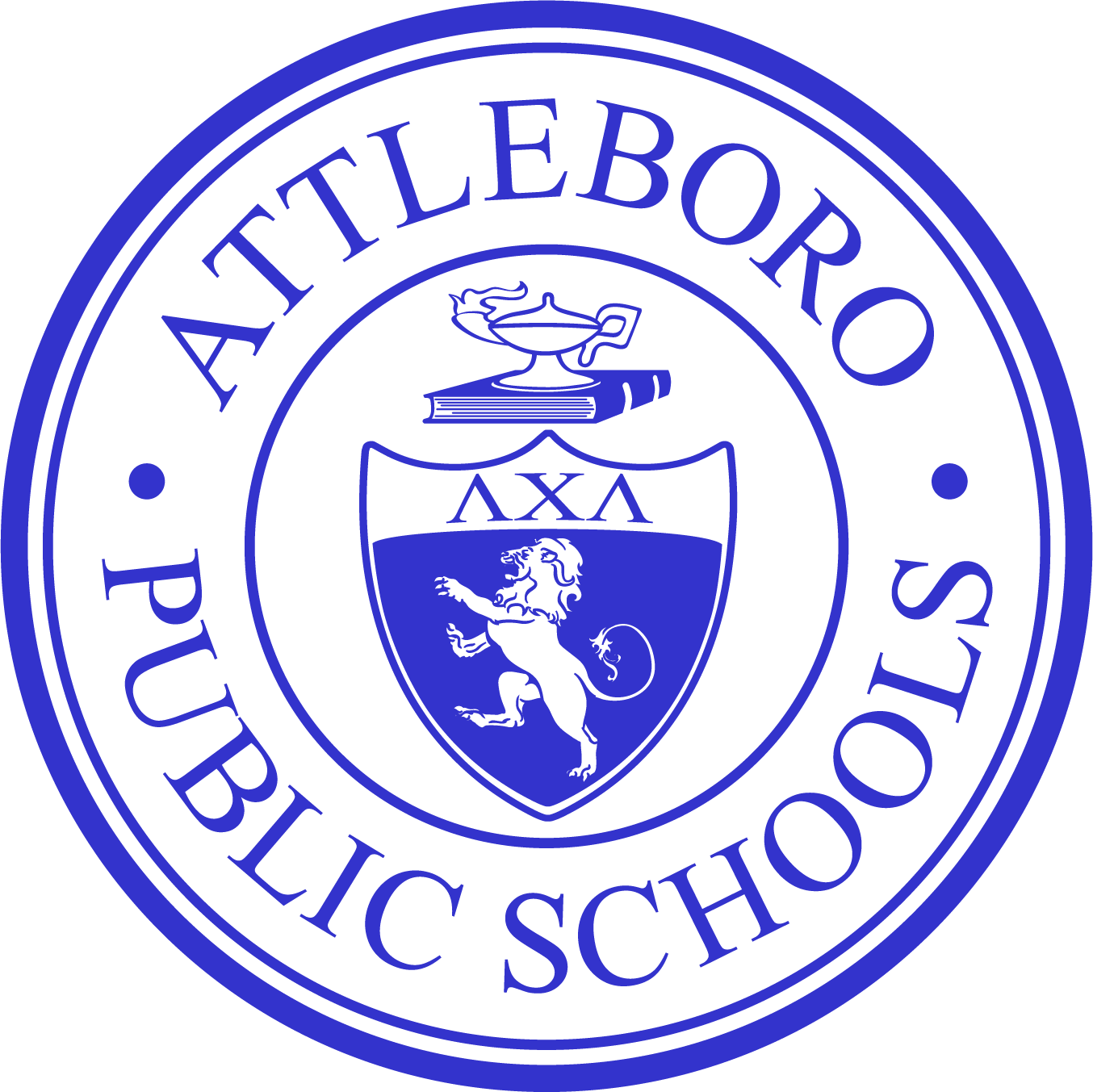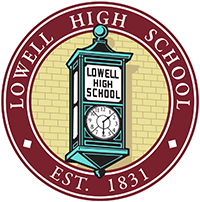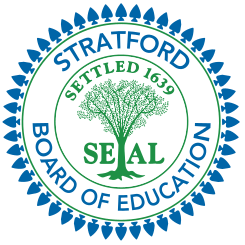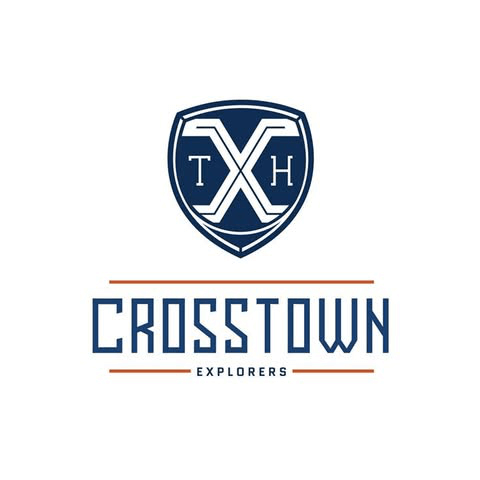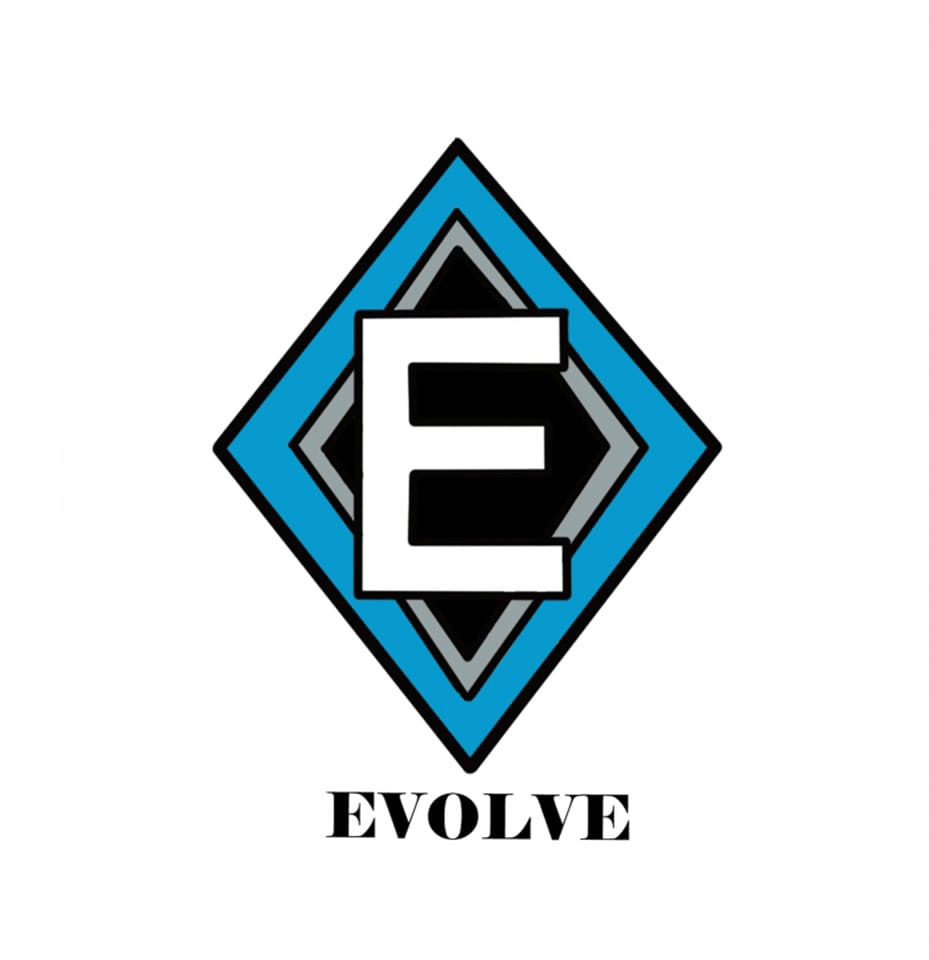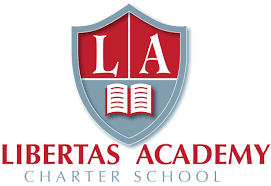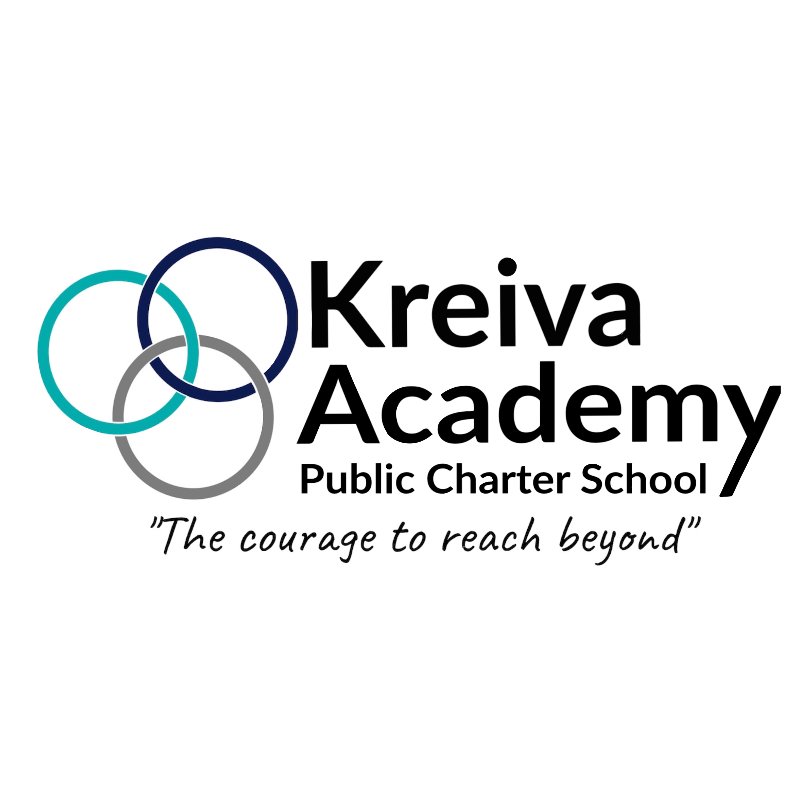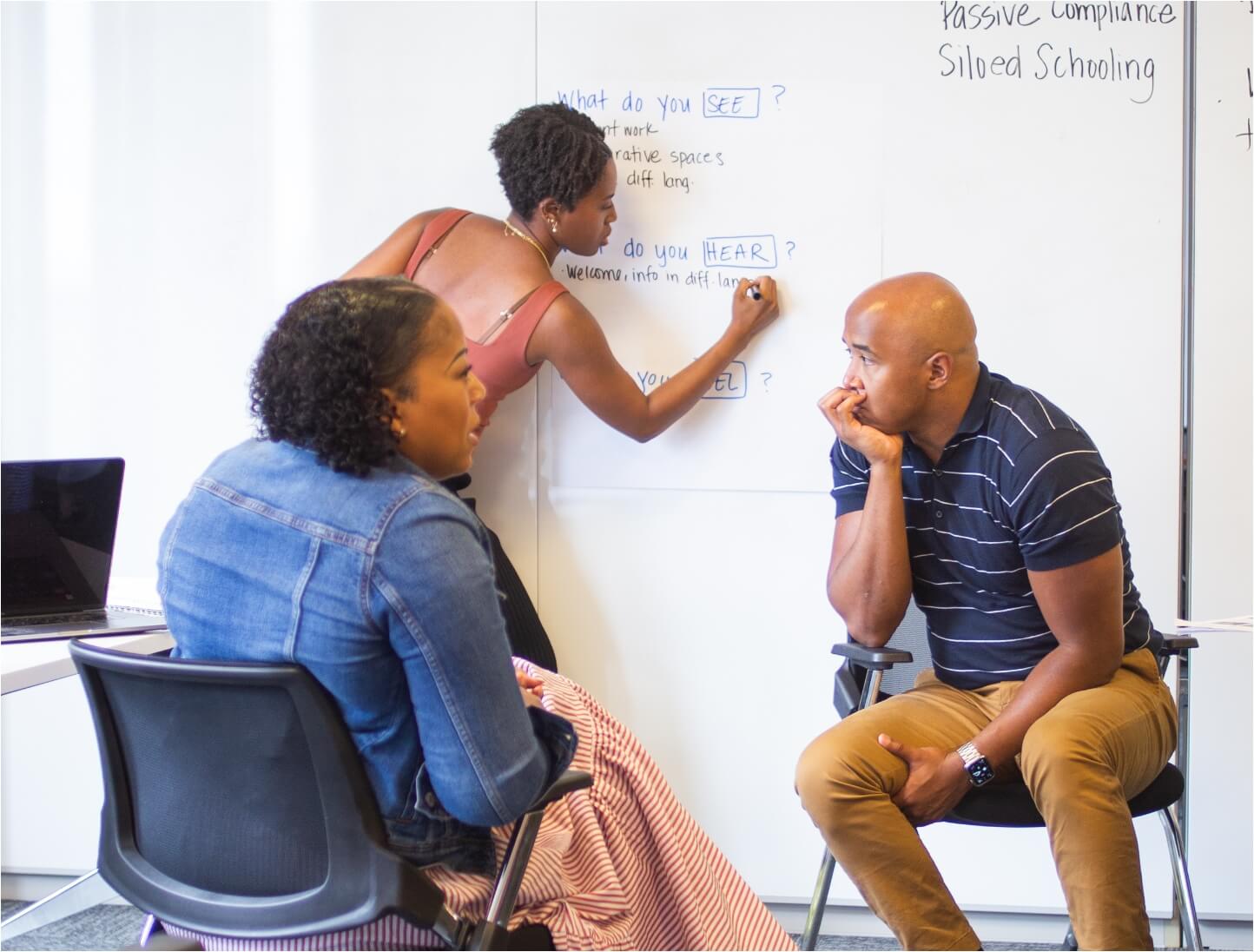Transformative
Learning Experiences
Rigorous, purposeful, and culturally responsive project-based learning
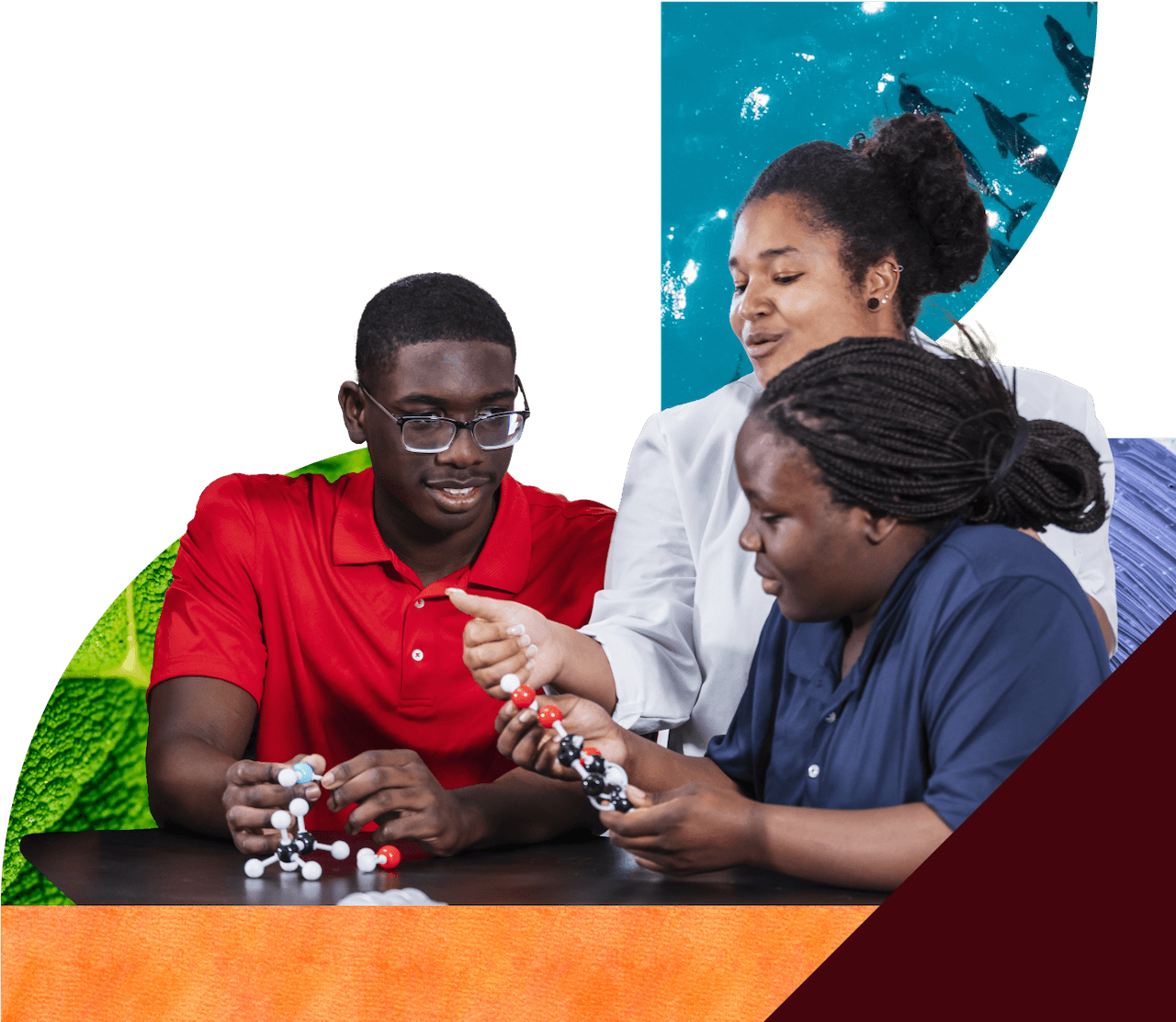
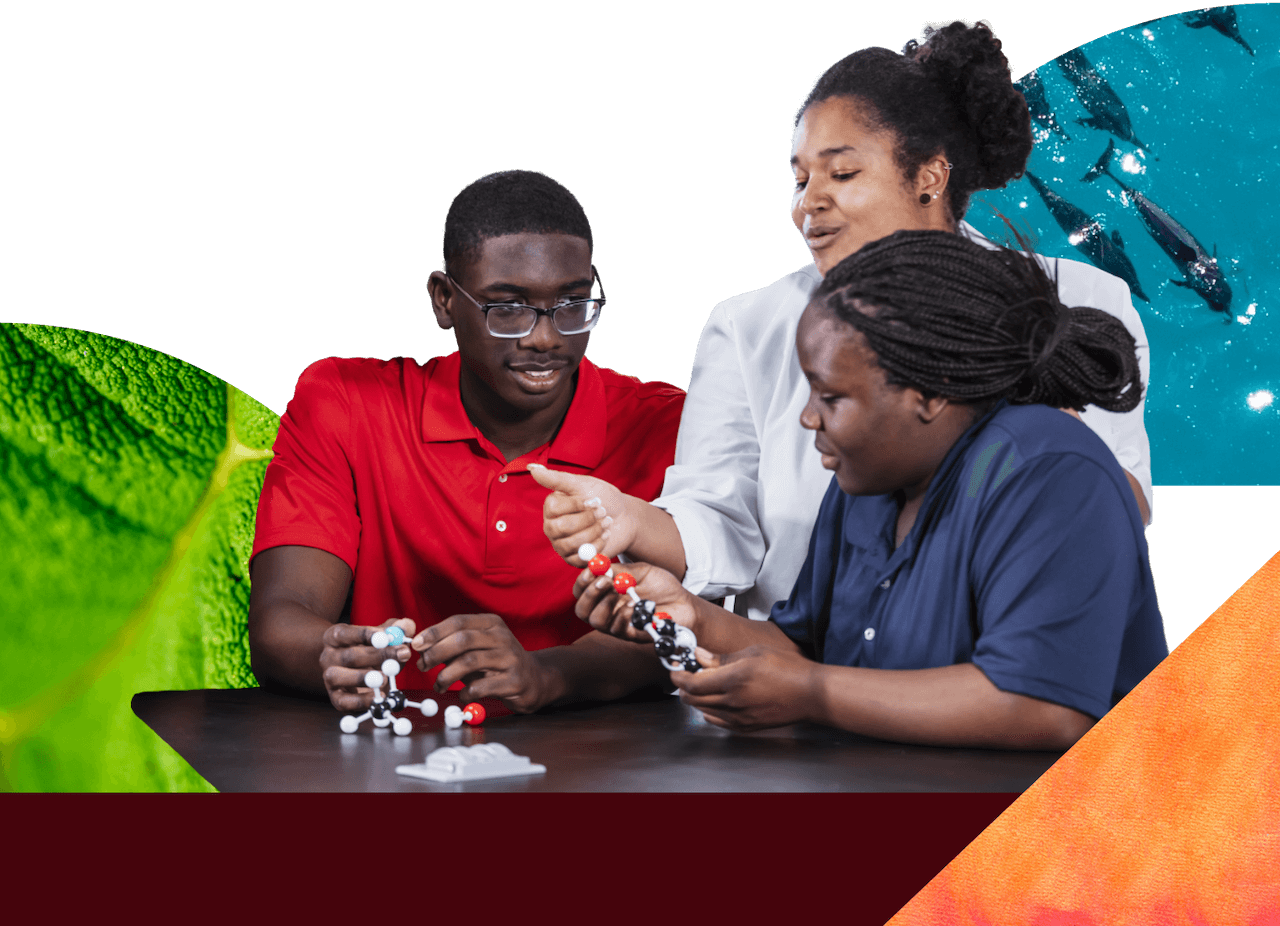
High school can be a place where students fall in love with learning. So we built a catalog of curricular units to help educators create transformative learning experiences for all kids.
Transformative Learning Experience (TLE) Units are purposeful, rigorous, standards-aligned project-based curricula that are deeply informed by culturally responsive pedagogy to center student engagement with learning that is deep and meaningful. Projects demand complex thinking and build critical competencies, with materials that provide entry points for every student.
TLE Units:
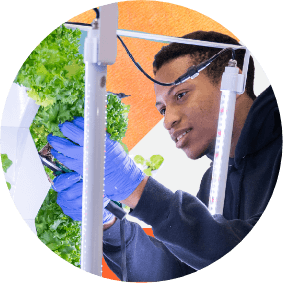
Give students opportunities to engage with the complex issues that matter to them.
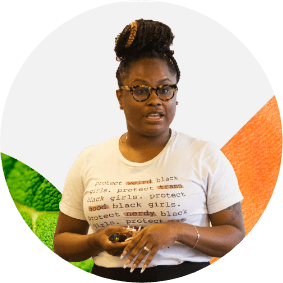
Empower and support teachers with richly detailed implementation guidance.
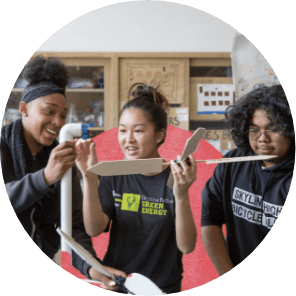
Create classrooms that are exciting, lively, and engaged with the real world.



